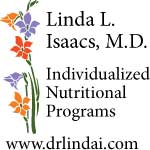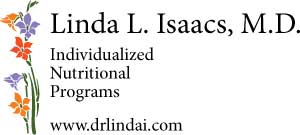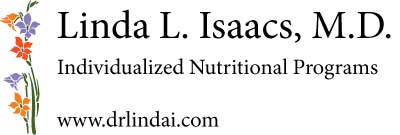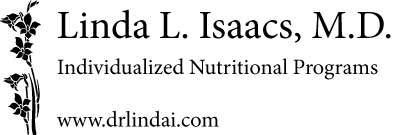Emotional and Spiritual Health
“Healing is 100% physical, 100% emotional, and 100% spiritual.” That is what our predecessor in this work, Dr. William Donald Kelley, used to say, and over time, Dr. Gonzalez and I understood what he meant. Sooner or later, most of our patients benefit from looking at emotional and spiritual issues.
In some cases, the emotional aspect of healing is evident because the patients’ adherence suffers through procrastination, depression, or rebellion. But increasingly, scientific studies are showing that emotional states can directly affect the body. For example, it has been known for some time that extreme emotion can affect the heart, but a study published in 2018 showed that even relatively minor emotional ups and downs can create fluctuations in electrical conduction in the heart in susceptible people. Another study, in patients with heart disease, found that keeping a gratitude journal decreased inflammation.
Over the course of our lives, we all find ways to manage our emotions as we deal with the demands placed on us by our own expectations as well as those of our family, friends, and co-workers. But when we are under physical, emotional, or financial stress, or when our lives change radically, our coping mechanisms may break down.
There are many different ways to deal with these issues. The resources listed below, predominantly self-help tools, are not meant to be comprehensive or applicable to everyone. A therapist or counselor can help focus and individualize the methods used. There are online websites to find a therapist, such as Betterhelp or Talkspace.
Some patients find cancer support groups helpful. Some don't.
If you find that your emotional states are problematic, or if you realize that your actions are not taking you towards your goals, we encourage you to do something to bring about constructive change.
Articles
Isaacs, Linda L. Emotional and Spiritual Aspects of Healing. An article by Dr. Isaacs, inspired by the mindsets of remarkable patients.
Isaacs, Linda L. Mourning and Resilience. An article Dr. Isaacs wrote in the aftermath of the death of her colleague and friend, Dr. Nicholas Gonzalez, discussing the importance of taking time to mourn losses.
Isaacs, Linda L. My Own Spiritual Views.
Coutu, Diane. “How Resiliency Works.” In Harvard Business Review, May 2002. This article describes the characteristics of resilient people: acceptance of reality; a deep belief that life is meaningful; and the ability to improvise.
Devine, Megan. How to Help a Grieving Friend: 11 Things to Do When You're Not Sure What to Do
Hone, Lucy. Sorrow and tragedy will happen to us all. The article summary from the TED website states: “Tough times are inevitable. Wellbeing and resilience expert Lucy Hone shares the three straightforward tactics that she used to get through her darkest days.”
Books
As an Amazon Associate, Dr. Isaacs earns from qualifying purchases. If you click a link to a book listing and then immediately place an order, you will not pay anything extra, but Dr. Isaacs will receive a small commission.
Addis, Michael E. and Martell, Christopher R. Overcoming Depression One Step at a Time. ISBN-13 978-1-57224-367-5. Available at Amazon. This book may be useful even if you are not depressed. Behavioral activation therapy techniques can help people recognize that actions can change mood and learn to modify their actions accordingly. If you find you are avoiding dealing with things—for example, finding yourself watching television for hours instead of working on necessary household chores, or staying busy at work rather than talking to upset family members—this book might be helpful.
Kabat-Zinn, Jon. Full Catastrophe Living: Using the Wisdom of Your Body and Mind to Face Stress, Pain and Illness. ISBN-13 978-0345536938. Available at Amazon. This classic book discusses mindfulness and meditation to deal with stress and illness.
Pennebaker, James W. and Smyth, Joshua M. Opening Up by Writing It Down: How Expressive Writing Improves Health and Eases Emotional Pain. ISBN-13 978-1462524921. Available at Amazon. This book describes how taking just a few minutes to write about deeply felt personal experiences or problems can help you, and provides information from research studies and exercises to help you implement this powerful tool.
Spradlin, Scott E. Don’t Let Your Emotions Run Your Life. ISBN-13 978-1-57224-309-5. Available at Amazon. The techniques described in this book have been shown to benefit those who consistently struggle with overwhelming emotional states. Since that can apply to all of us at times, these tools can be helpful to anyone..
Young, Jeffrey E. and Klosko, Janet S. Reinventing Your Life: The Breakthrough Program to End Negative Behavior and Feel Great Again. ISBN 0-452-27204-1. Available at Amazon. The authors describe different “life traps” such as fear of abandonment, social exclusion, or perfectionism, along with a series of steps to address each of them.



